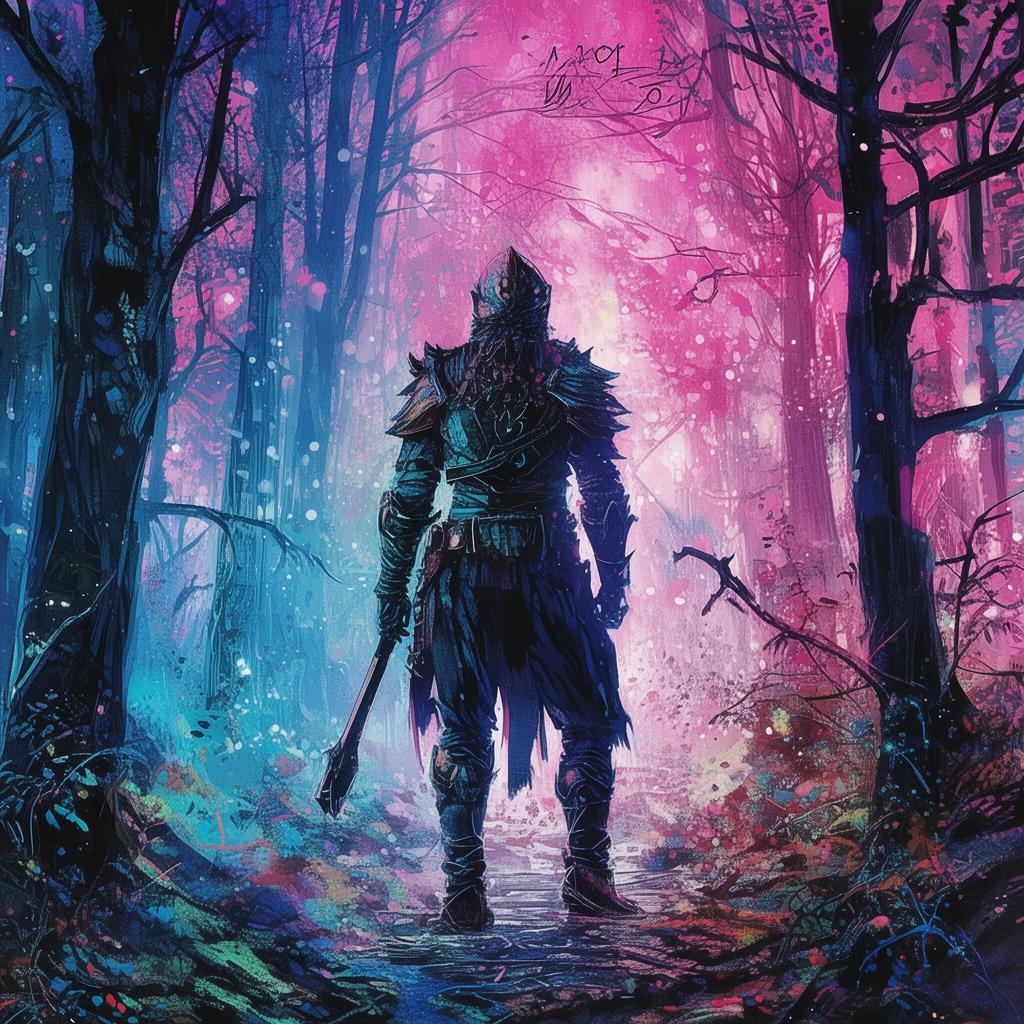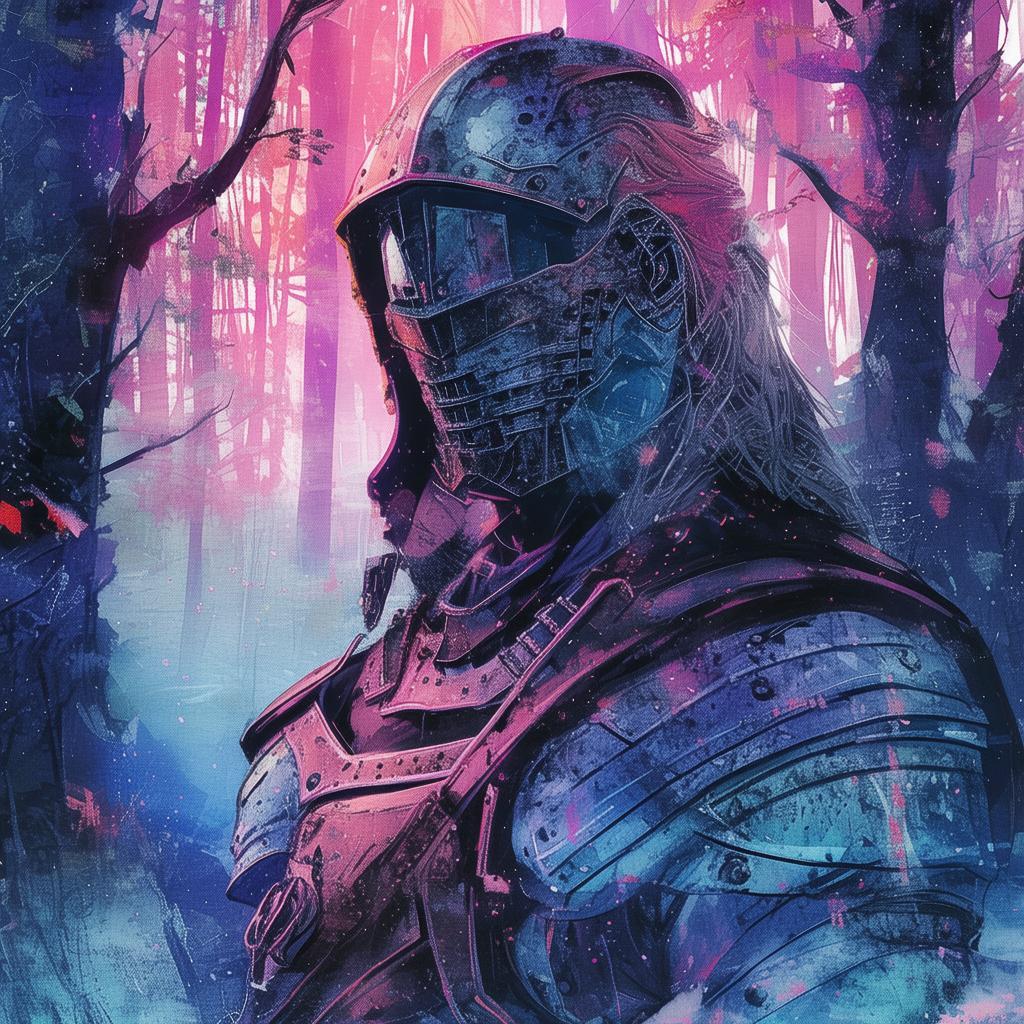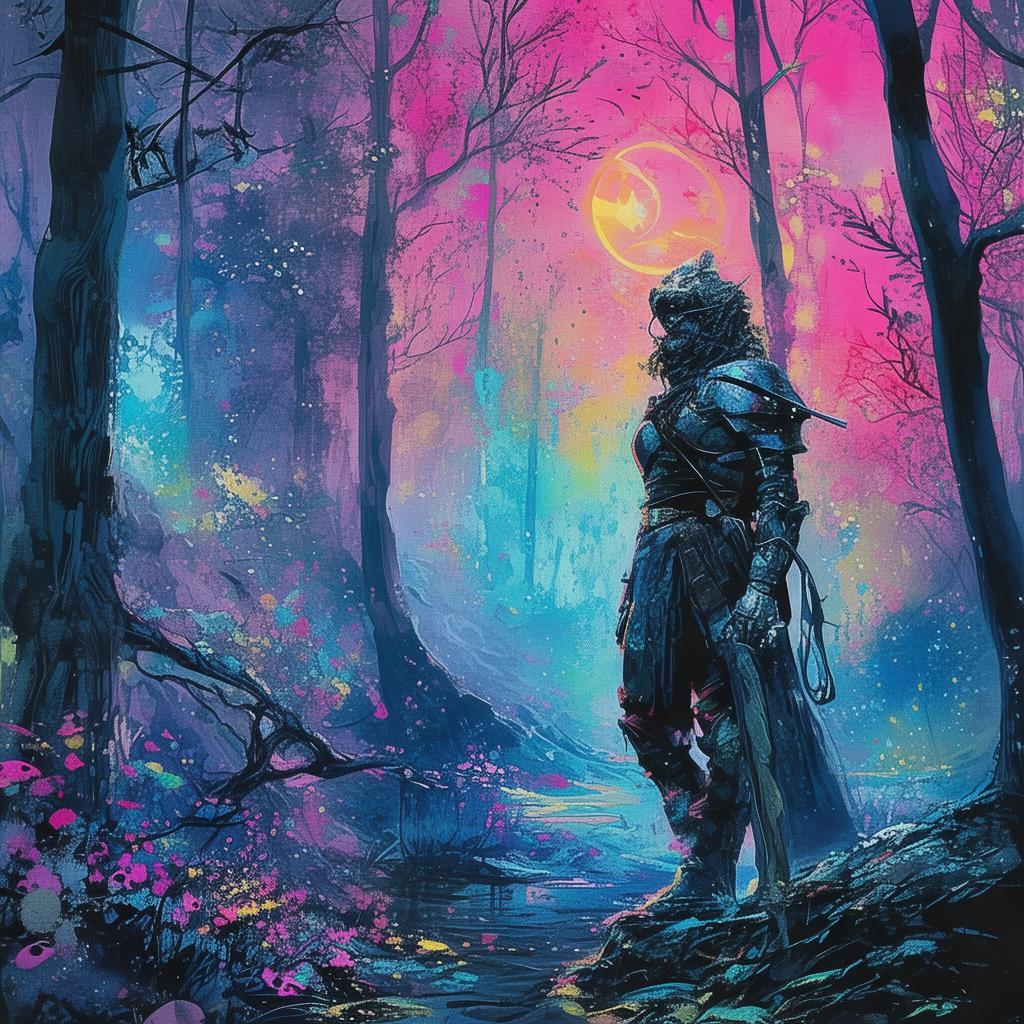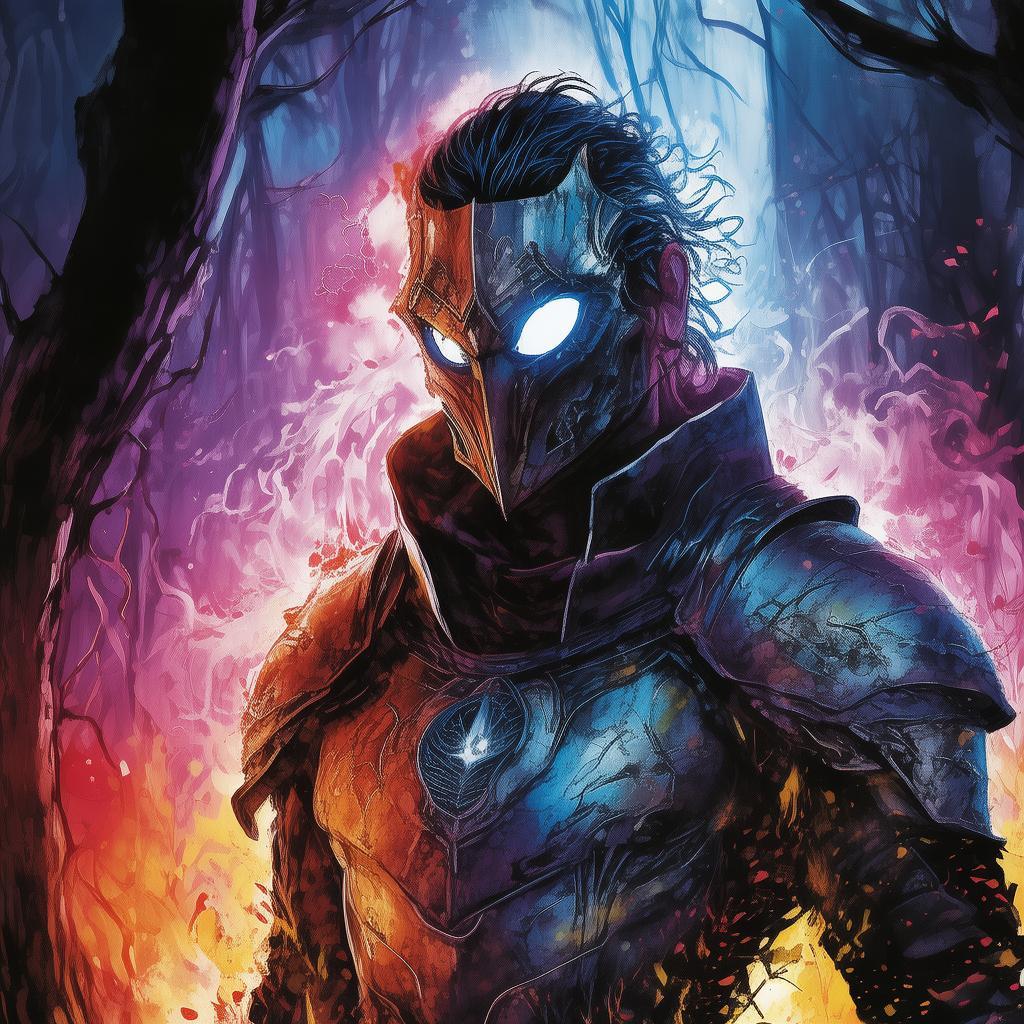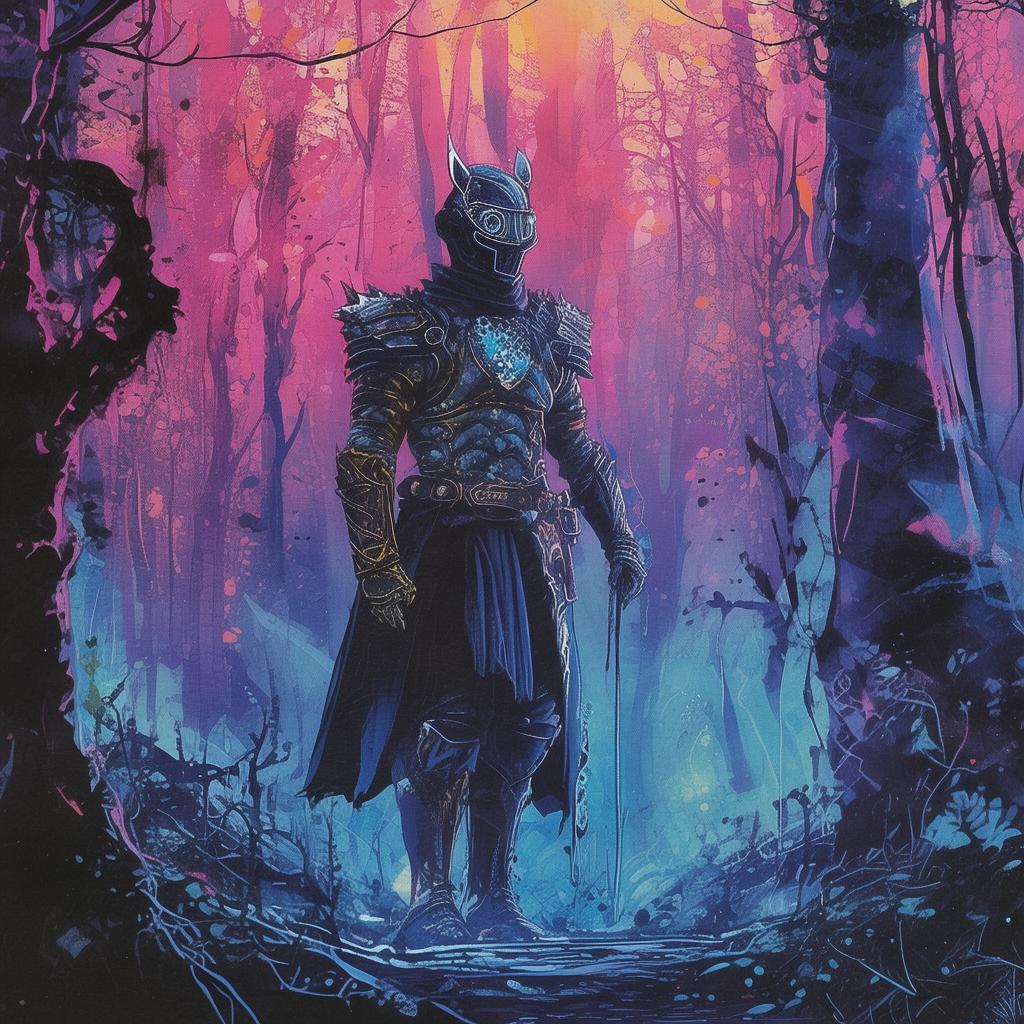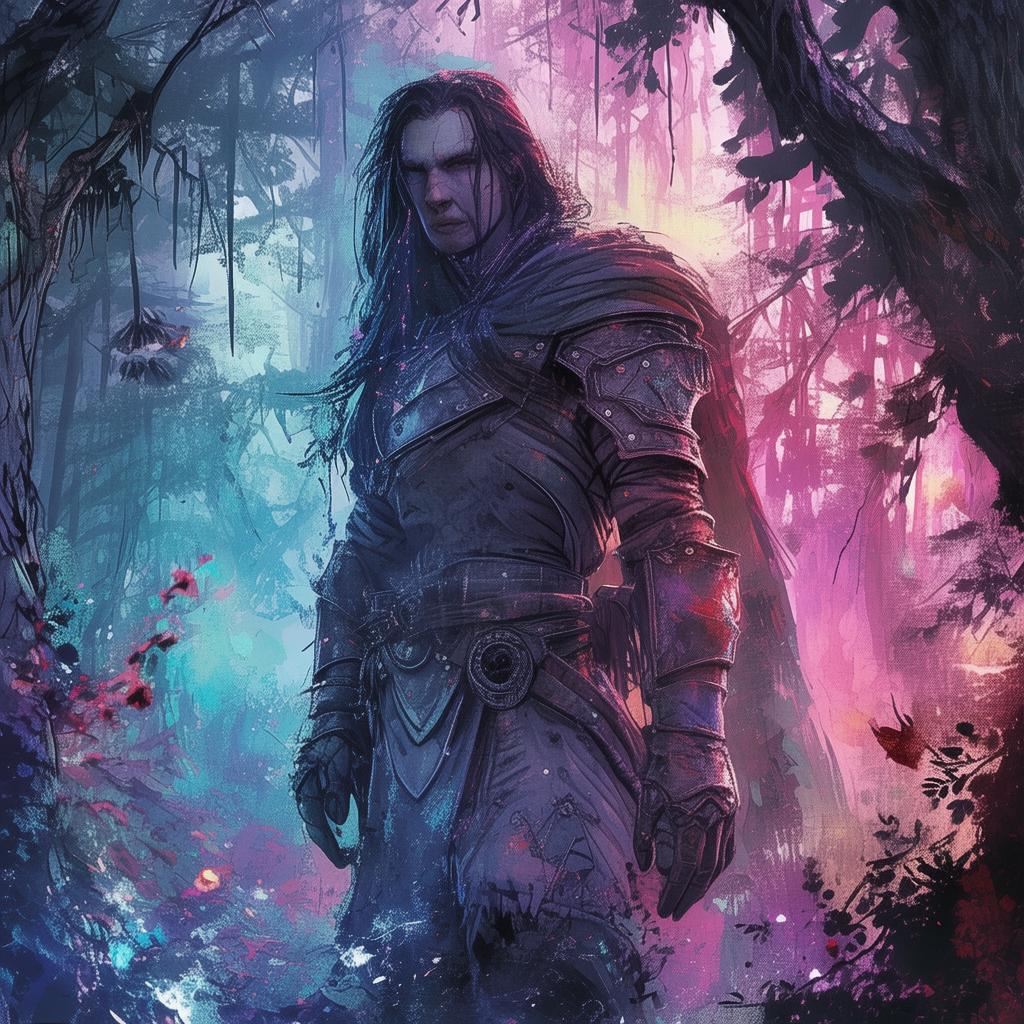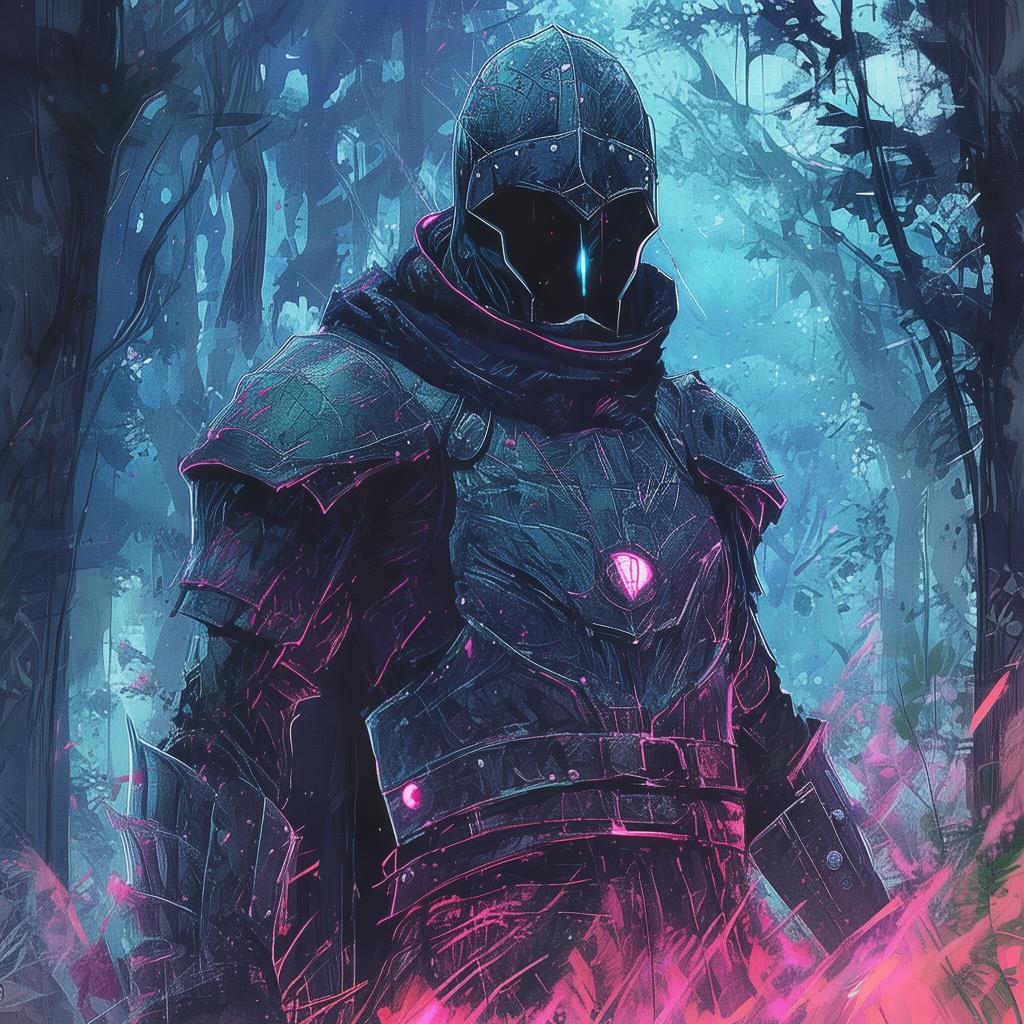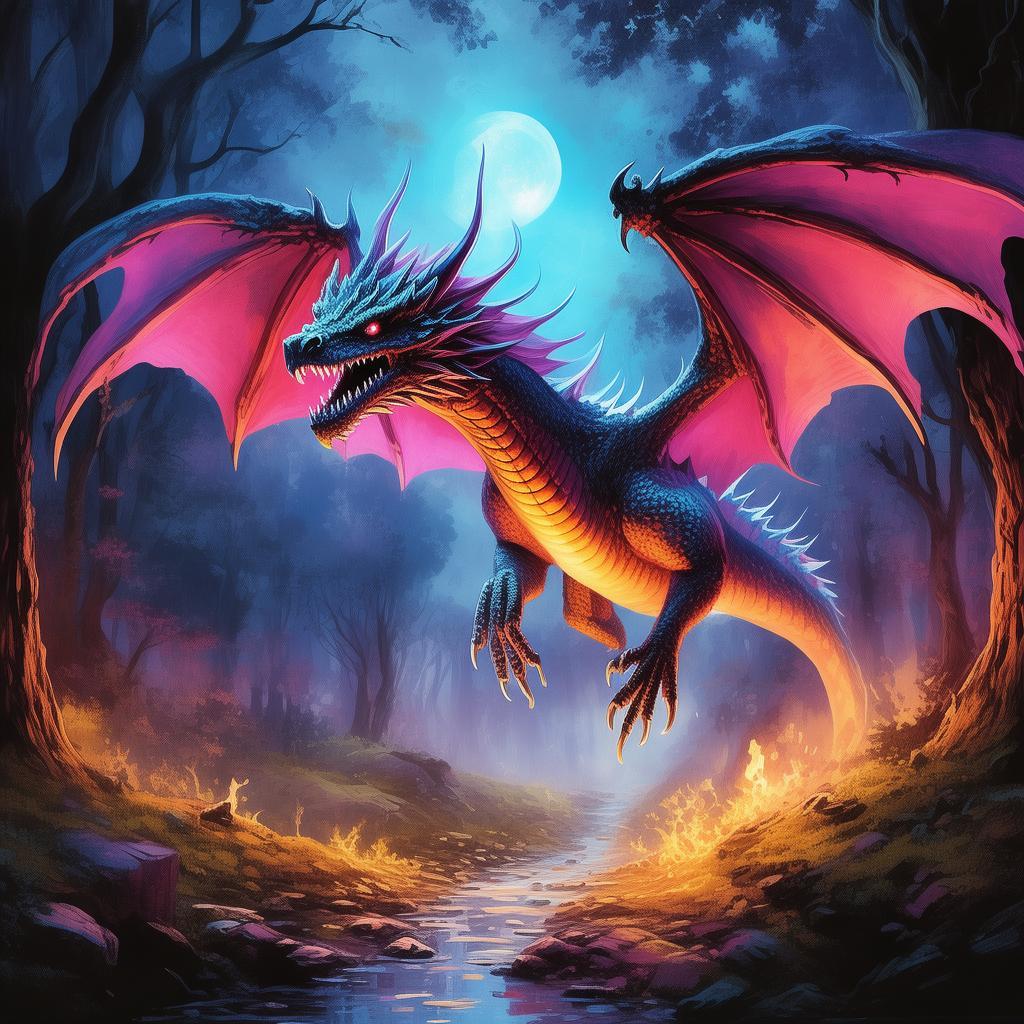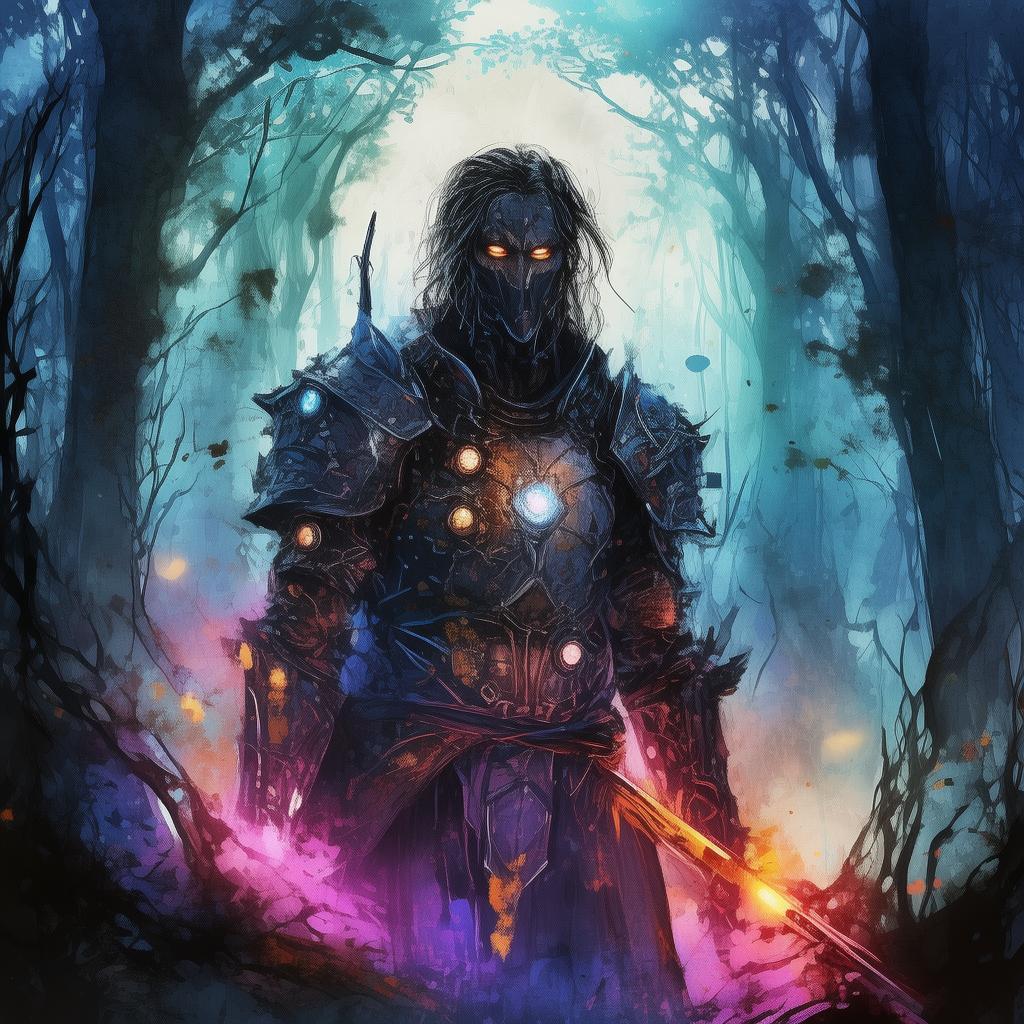The Last Scepter of Elysium
In the heart of the ancient kingdom of Elysium, where the trees whispered secrets of the gods and the rivers sang of old wars, there lay a legend that had been forgotten for centuries. The Silver Scepter of Elysium, said to be the very instrument of the king's divine right, had been lost during a great battle that left the kingdom in ruins. It was said that the one who found the scepter would become the savior of Elysium, uniting the scattered tribes and restoring the glory of the lost kingdom.
Pinggu, a young scribe with a penchant for the forgotten lore of Elysium, found himself in the dusty archives of the ancient library, where he stumbled upon an ancient scroll that spoke of the scepter's legend. The scroll, written in an ancient script that had long since faded from use, told of a prophecy that foretold the rise of a scribe who would find the scepter and fulfill the destiny that awaited Elysium.
Intrigued and driven by a sense of duty to his people, Pinggu set out on a quest that would take him from the dark forests of the north to the scorching deserts of the south, and from the mountains shrouded in mists to the depths of the great river that divided the kingdom. Along the way, he would encounter a motley crew of adventurers, scholars, and even those who sought the scepter for their own dark purposes.
As Pinggu journeyed through the lands of Elysium, he uncovered clues that led him deeper into the heart of the kingdom's history. The scepter, he learned, was a powerful artifact imbued with the essence of the first king of Elysium, who had united the tribes and brought peace to the land. It was said that the scepter could only be found by one who had the heart of a king and the courage of a warrior.
The quest led Pinggu to the ruins of the old capital, where the scepter was believed to be hidden. There, amidst the crumbling stone and the whispering shadows, he faced his greatest challenge yet. A dark sorcerer, who had once been a powerful ally of the first king, sought the scepter to bend Elysium to his will. The sorcerer had already claimed the scepter's power, but Pinggu, with the help of his newfound friends, managed to defeat him in a climactic battle.

In the end, it was not the might of arms or the power of the scepter that secured the victory for Pinggu, but his unwavering resolve and the strength of his newfound family. As he held the scepter in his hands, he realized that the true power of the scepter lay not in its ability to command, but in its ability to inspire.
Pinggu returned to the kingdom, the scepter in hand, and the people of Elysium rejoiced. The scattered tribes united once more under his leadership, and the kingdom flourished as never before. Pinggu became a legend, known not as the scribe who found the scepter, but as the king who restored Elysium's glory.
Yet, as the years passed, Pinggu began to question the legacy he had embraced. The scepter, he realized, had been a catalyst for change, but the true legacy was not his own. It was the legacy of the kingdom, of the people, and of the enduring spirit of unity and resilience that had kept Elysium alive through the darkest of times.
The Last Scepter of Elysium is a tale of destiny, courage, and the enduring power of the human spirit, a story that will resonate with readers long after the final page is turned.
✨ Original Statement ✨
All articles published on this website (including but not limited to text, images, videos, and other content) are original or authorized for reposting and are protected by relevant laws. Without the explicit written permission of this website, no individual or organization may copy, modify, repost, or use the content for commercial purposes.
If you need to quote or cooperate, please contact this site for authorization. We reserve the right to pursue legal responsibility for any unauthorized use.
Hereby declared.
